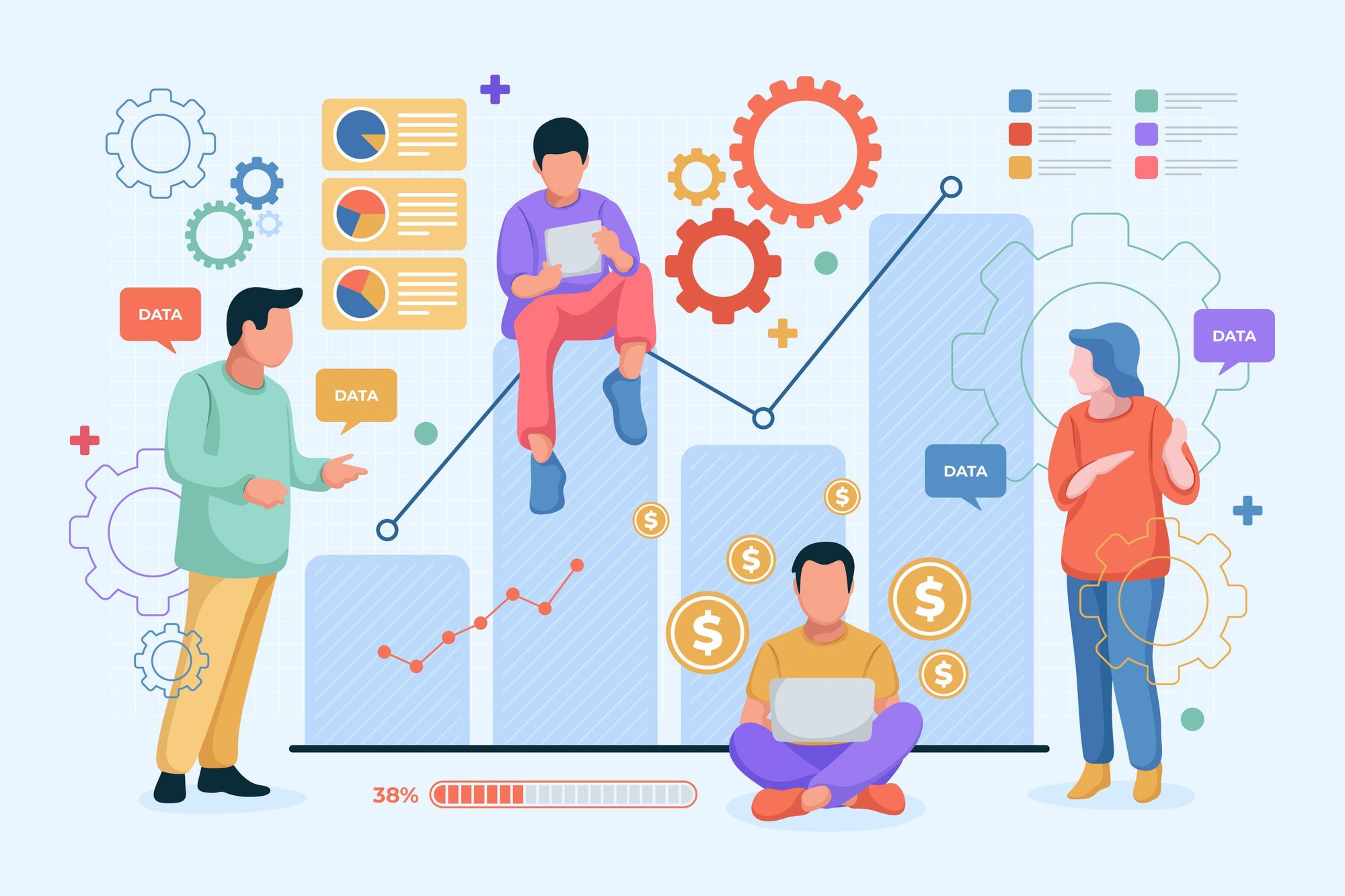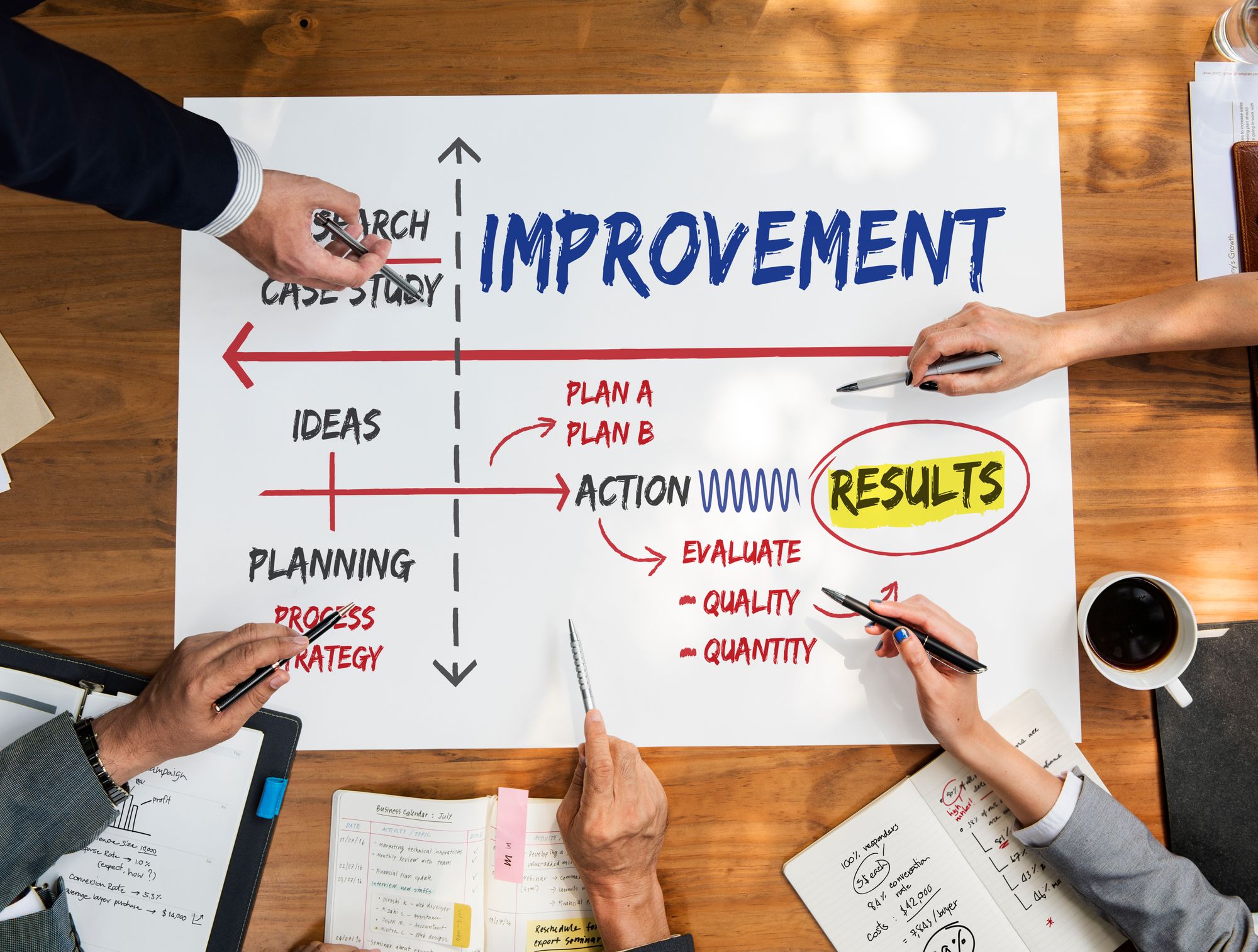Unlocking Potential: The Rise of Personalized Employee Development

In an era where one-size-fits-all strategies are rapidly losing their relevance, organizations are seeking innovative approaches to foster employee growth effectively. As the workplace evolves, it's clear that blanket development programs cannot satisfy the diverse aspirations and learning styles of today’s workforce. This shift has propelled companies to explore personalized development plans as a means to unlock individual potential.
Personalized development is becoming crucial in the modern workplace, emphasizing the need for tailored strategies that align with individual career goals and learning preferences. In this dynamic environment, employees crave more than standardized training sessions; they desire opportunities that resonate with their unique strengths and career aspirations. Personalized programs not only cater to these demands but also increase engagement and satisfaction, fostering an environment ripe for innovation and productivity.
Harnessing the power of data and AI allows organizations to craft employee development plans that are as unique as their team members. By leveraging these technologies, companies can create a detailed understanding of each employee's needs, strengths, and areas for improvement. This data-driven approach not only accelerates professional growth by catering to individual needs but also aligns personal aspirations with organizational goals, leading to a more motivated and competent workforce.
The Evolution from Traditional to Personalized Employee Development
Traditional employee development methods, long considered the gold standard, typically followed a rigid framework involving generic training sessions and standardized advancement criteria. These approaches often fell short when addressing the specific needs of a diverse workforce, as they were unable to cater to individual learning styles or career ambitions. As such, many employees found these programs ineffective and uninspiring, resulting in suboptimal engagement and performance levels.
In contrast, modern trends in employee development underscore the importance of personalization and individualization. By shifting focus from the collective to the individual, companies are increasingly adopting methods that accommodate personal career trajectories and unique learning preferences. This shift reflects a broader understanding that employee growth is multi-dimensional and must be nurtured through bespoke programs tailored to each person's professional journey.
Supported by a growing body of research, personalized development approaches have shown significant promise in enhancing employee performance and satisfaction. Studies indicate that individualized learning programs result in better retention rates and higher productivity as they connect personal goals with organizational objectives seamlessly. This evidence bolsters the case for moving beyond traditional paradigms, emphasizing the power of personalized solutions in unlocking human potential.
Harnessing Data for Tailored Development

In the realm of personalized employee development, data emerges as a pivotal tool in crafting individualized growth plans. By collecting and analyzing data from various sources such as employee performance metrics, feedback loops, and articulated personal goals, organizations are equipped to create development strategies that are truly reflective of each employee's unique needs and aspirations.
The types of data that can be instrumental in shaping these personalized plans include behavioral data, which examines how employees interact within their roles; performance data, highlighting areas of strength and opportunities for improvement; and engagement data, which gauges an employee's connection with their work and the organization. These data points collectively offer a comprehensive picture, enabling companies to tailor development programs that align closely with personal and professional goals.
By employing a data-driven approach, businesses can ensure that their investment in employee development translates into tangible results. Personalized plans not only address the gaps identified by the data but also leverage an employee's existing strengths to foster a deeper, more impactful engagement with their work.
AI-Driven Insights for Personalized Workforce Development
Artificial Intelligence (AI) serves as a transformative force in the realm of personalizing employee development, offering unparalleled insights into identifying skills gaps and forecasting future needs. Through advanced data analysis, AI can sift through vast amounts of information to pinpoint specific areas where an employee might require additional support or training, ensuring that development efforts are both precise and proactive. This predictive capability allows organizations to stay a step ahead, tailoring their strategic focus to align with the evolving demands of their workforce.
Machine learning algorithms play a crucial role in this process by creating adaptive learning paths that evolve with the individual. These algorithms can assess an employee's progress in real-time, adjusting the difficulty and nature of training materials to better suit their pace and understanding. Such adaptability not only enhances the learning experience but also ensures that employees remain engaged and motivated as their skill sets expand in alignment with organizational goals.
Examples of AI applications in personalizing training programs abound, showcasing its potential to match content delivery with personal learning styles. For instance, AI can evaluate an individual's preferred learning method—be it visual, auditory, or kinesthetic—and customize training modules accordingly. This tailored approach maximizes knowledge retention and application, leading to more effective learning outcomes and a more competent, satisfied workforce. Through AI-driven insights, organizations can create an empowering environment where both the company and its employees can thrive.
The Power of Personalized Employee Development Plans

Personalized employee development plans offer significant benefits that ripple across both individual and organizational landscapes. When development strategies are closely aligned with personal career aspirations, employees experience a newfound sense of engagement and satisfaction. This alignment not only fosters a deeper connection with their roles but also helps employees see their professional journeys as meaningful and purpose-driven.
Such individualized plans also lead to enhanced performance by empowering employees to hone skills that are directly relevant to their roles. As they grow in their competencies and confidence, productivity naturally rises. This targeted skill development ensures that employees are not just meeting expectations but are also equipped to excel, driving innovation and efficiency within the organization.
Furthermore, these customized development approaches have a profound long-term impact, boosting retention rates by encouraging loyalty and reducing turnover. Employees are more likely to stay with an organization that invests in their growth and values their personal contribution. Consequently, the organization thrives, enjoying sustained growth and a competitive edge as a result of a satisfied and competent workforce, creating a symbiotic relationship where both employer and employee flourish.
Navigating Challenges in Personalized Employee Development Plans
While personalized employee development plans have undeniable benefits, they also present certain challenges that organizations must carefully navigate. One of the foremost issues is the concern over data privacy. Collecting and utilizing personal data to tailor development strategies requires a solid commitment to ensuring confidentiality and security. Therefore, implementing a robust data management system becomes critical to protect sensitive information and foster trust among employees.
Another challenge lies in striking the right balance between technology-driven solutions and the invaluable human insights these plans require. While advanced tools can offer impressive customization capabilities, relying solely on technology may overlook the nuanced understanding of personal motivations and context that only human insight can provide. To maximize effectiveness, organizations should aim to integrate technological advancements with personalized coaching and mentorship, ensuring development plans are both data-informed and personally resonant.
Conclusion: Harnessing Data and AI for Transformative Development
Effectively integrating data and AI into personalized employee development plans holds immense potential for reshaping the future of organizational growth. This fusion of technology and personalized strategies underscores the transformative capabilities these tools offer, both for individual employees and the organization as a whole.
By embracing this integration, companies can ensure tailored development initiatives that not only address individual growth needs but also align with broader business objectives. Such strategic alignment fosters an environment where employees thrive and contribute to the organization's success in innovative and meaningful ways.
Ultimately, companies that leverage data and AI in their development strategies are well-poised to foster a culture of continuous improvement. This approach not only enhances personal and professional development but also drives long-term success and competitiveness in an ever-evolving business landscape.

